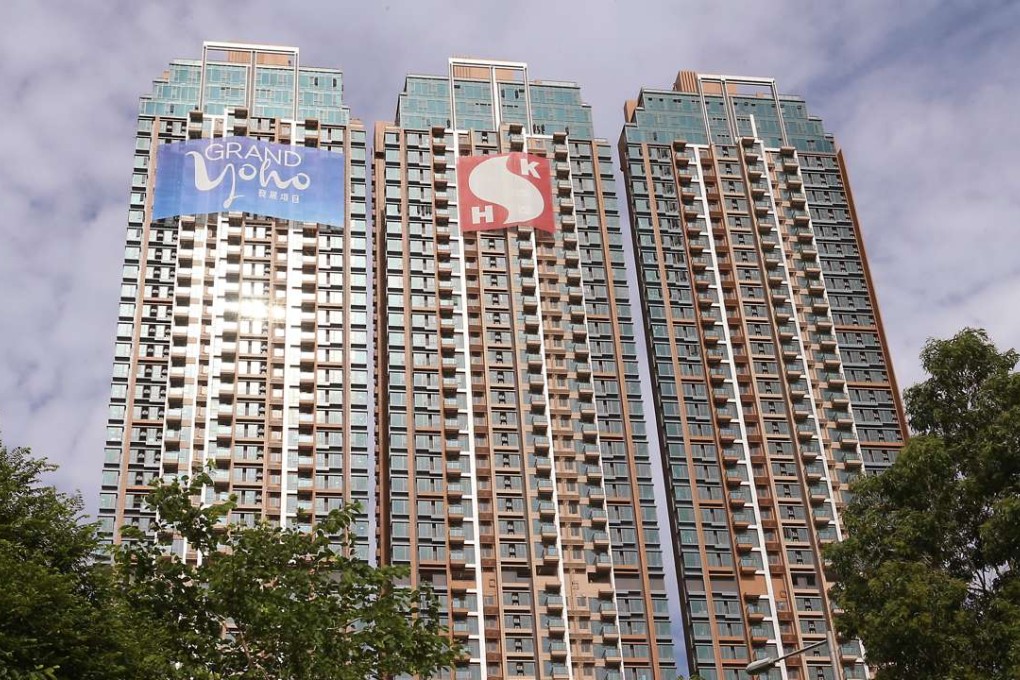Update | Hong Kong’s July prices for new homes rise as buyers pile back into market
Still, some analysts say prices may have more room to fall as more new units come to market

Hong Kong’s home prices rose at a faster pace in July as eager homebuyers returned to the market in droves.
The Rating and Valuation Department’s monthly price index for private homes was at 281.4 in July, an increase of almost 1.9 per cent, faster than the 0.2 per cent growth seen in June. It was the fourth consecutive monthly increase, bringing the accumulative rise to 3.68 per cent.
The latest home prices are now 8 per cent lower than their peaks in September last year, according to government data. The rental index rose 1 per cent month on month in July.
In the mortgage market, the Hong Kong Monetary Authority on Wednesday said the number of mortgage applications in July increased month on month by 4.4 per cent to 10,281, while mortgage loans approved in July grew 2.7 per cent to HK$22.9 billion.
Mortgage financing for first-hand homes fell 1.4 per cent in July to HK$4.6 billion, reflecting the innovative financing methods offered by developers.
Still, home prices may have more room to drop due to a combination of bleak economic outlook, potential interest rate rise next month and an ample pipeline of new apartments about to come on the market.